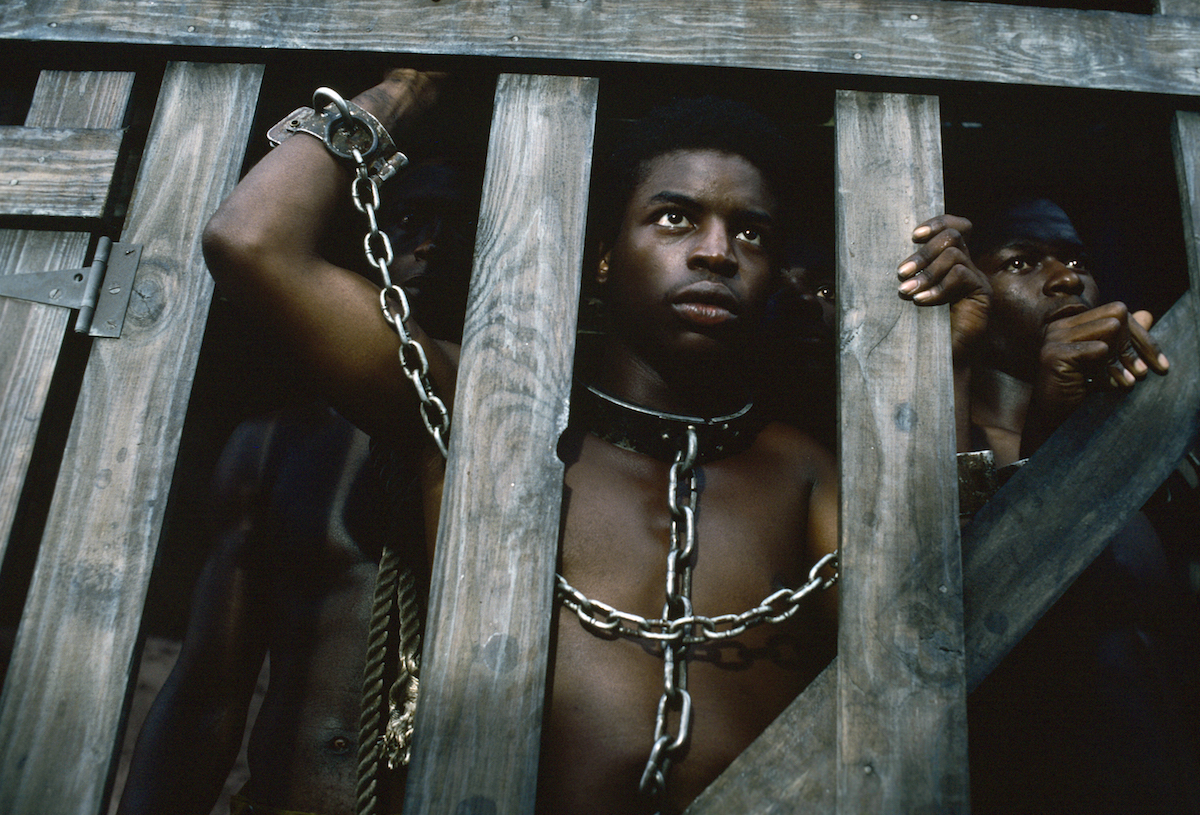
The remake of Roots coming to TV over the Memorial Day holiday has big shoes to fill, given the impact of the original 1977 miniseries based on Alex Haley’s book: the eight episodes broke viewership records, prompted a national conversation about race and set a new bar for television success. Why wouldn’t television producers want to tell that story anew?
On the other hand, the original miniseries wasn’t all a success. Many critics in 1977 found the series deeply flawed.
Get your history fix in one place: sign up for the weekly TIME History newsletter
Though he was far from the only one to say so—William Granger of the Chicago Sun-Times called it “puerile” and Dorothy Gilliam of the Washington Post highlighted the show’s “negative underpinnings,” while John J. O’Connor of the New York Times noted that it was a “distortion or, at the very least, oversimplification” of the source material—TIME’s critic Richard Schickle had particularly harsh words for the series, labeling it “Mandingo for middlebrows.”
The problem, he posited, was that slavery was “a crime so monstrous that, like the Holocaust, it is beyond anyone’s ability to re-create in intelligent dramatic terms.” In other words, trying to talk about the issue of the African-American historical experience and make high-quality narrative art at the same time was difficult, if not impossible. In his view of Roots, the result was a bad one:
As always, the native tongue of the persecuted minority is rendered in English as fake-childish poetry. As always, slave-ship captains and plantation owners are shown as psychopathic hypocrites—consulting Scripture in one scene, condoning, even participating in violence and rape in the next. Naturally, a Simon Legree figure is always handy to do their dirty work, while highborn white ladies dither prettily in the background…
Doubtlessly, all concerned with this enormous, expensively cast and heavily flacked “prestige” production were earnestly anxious to make a vivid, powerful statement about this central American historical drama. It was brave of them to try to do so in the unlikely precincts of prime-time commercial television. It appears, however, that in their fervor not to be misunderstood, to be clearly on the side of the angels, they have set aside all common sense. In the one-third of their work available in advance to critics, not one sympathetic white character appears. Not a single black man of less than shining rectitude turns up either. This is dramatically vulgar and historically preposterous.
Nearly 40 years later, some of Schickel’s complaints seem dated: the idea that a slavery story cannot be good without clearly showing that good white people exist is, though still common, harder to defend. And the artistic merits of the plot didn’t end up mattering so much, in any case. (TIME’s Dan D’Addario found that the remake was “alternately–or simultaneously–jarring and beautiful to look at.”)
As Maya Angelou, who had a role in the series, wrote for the New York Times, the book and the series both gave audiences an experience that wasn’t quite so much artistic as it was introspective. They gave audiences a question to answer, as she put it: “Admitting all that has gone before, admitting our duplicity, our complicity and our greed, what do we, all Americans, do next?”
Read TIME’s 1977 cover story about Roots, here in the TIME Vault: Why Roots Hit Home
More Must-Reads From TIME
- The 100 Most Influential People of 2024
- The Revolution of Yulia Navalnaya
- 6 Compliments That Land Every Time
- What's the Deal With the Bitcoin Halving?
- If You're Dating Right Now , You're Brave: Column
- The AI That Could Heal a Divided Internet
- Fallout Is a Brilliant Model for the Future of Video Game Adaptations
- Want Weekly Recs on What to Watch, Read, and More? Sign Up for Worth Your Time
Write to Lily Rothman at lily.rothman@time.com